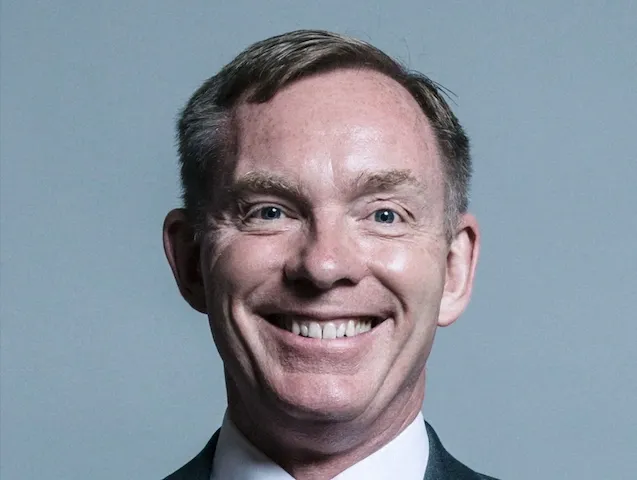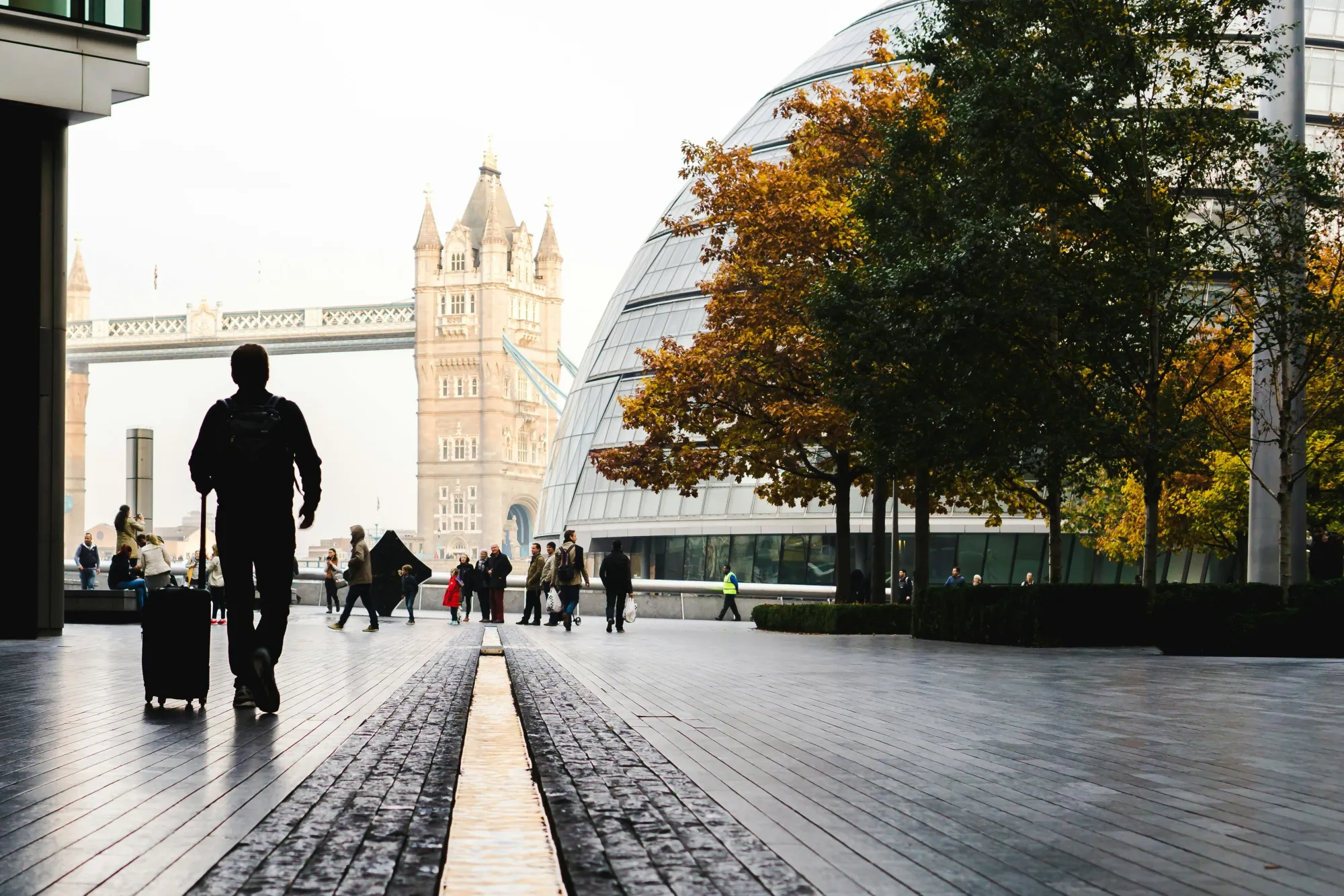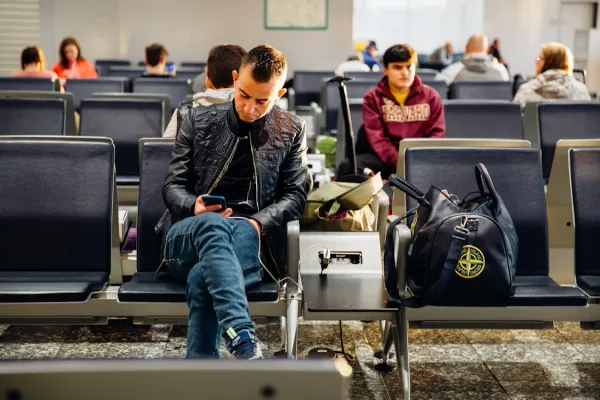Why the UK Is Losing Tourists Despite Global Travel Boom
International travel is experiencing a historic surge, with global visitor spending set to reach a record £1.57 trillion in 2025, according to the World Travel and Tourism Council (WTTC). However, the UK is bucking the trend. In 2024, international visitors spent £40.3 billion in Britain – a 5.3% drop from 2019. The WTTC warns that the UK, already among Europe’s priciest destinations, is becoming less attractive due to a series of policy choices that discourage tourism.
Factors contributing to the decline include the introduction of Electronic Travel Authorisation (ETA), the removal of VAT-free shopping, higher business taxes, increased Air Passenger Duty, and a dramatic 41% cut to VisitBritain’s promotional budget. Julia Simpson, WTTC’s President and CEO, called the situation alarming, noting that other nations recognise tourism’s economic potential while Britain appears to neglect it.
Despite tourism contributing nearly 10% to pre-pandemic GDP, experts say current government actions risk long-term stagnation in the sector.
A Lack of Leadership and Vision
Some of the blame is attributed to the government’s fragmented oversight of tourism. Chris Bryant MP currently holds the tourism brief, but only as part of a wider ministerial portfolio including data protection and creative industries. On his official page, tourism is buried beneath other priorities such as space policy and cultural diplomacy, raising concerns about the lack of dedicated leadership.

Hospitality Businesses Under Pressure
The UK’s hospitality sector faced significant challenges in late 2024, with over eight businesses closing daily. The Hospitality Market Monitor anticipates a net loss of nearly 3,000 venues in 2025 if the trend continues. Tom Ross, CEO of The Pig hotels, criticised the government's treatment of hospitality businesses, arguing they’re seen as easy sources of revenue rather than growth drivers.
Ross expressed frustration over rising operational costs, such as increases to the National Minimum Wage and National Insurance, alongside declining government support. He stressed the importance of proactive measures to stimulate demand rather than policies that suppress it.
Visa Fees and Tax Hikes Discourage Visitors
Richard Toomer, Executive Director of the Tourism Alliance, voiced concern about contradictory government messaging. While officials speak of growth, he said their policies tell a different story. The new ETA system for non-visa nationals, which saw a 60% fee increase just as European travellers were required to enrol, has been particularly criticised.
Additional rises in visa fees and Air Passenger Duty have made the UK even less appealing. These burdens, combined with the pressures from the 2024 Budget, have especially hurt labour-intensive sectors like tourism.
Lofty Goals Amid Costly Barriers
At the end of 2024, Chris Bryant pledged to grow international visitor numbers from 41 million to 50 million by 2030. He emphasised improving airport logistics, regional tourism, and workforce development. However, Toomer cautioned that unless barriers like high travel costs and poor cross-departmental coordination are addressed, such goals will remain out of reach.

Retail Sector Hit by Loss of Tax-Free Shopping
In 2020, then-Chancellor Rishi Sunak ended VAT-free shopping for tourists, claiming it was too expensive and not widely beneficial. Retail leaders argue otherwise. Dee Corsi, CEO of the New West End Company, said the decision cost London’s shopping district £640 million in 2024 alone, up from £400 million the year before.
Corsi urged the government to restore the tax break to make Britain competitive with European destinations where the policy still applies. Without it, she warned, British retailers will continue losing out.
Culture Secretary Lisa Nandy recently said the government “could explore” reinstating VAT-free shopping but made no firm commitments, disappointing industry leaders calling for immediate action.
VisitBritain Budget Slashed, Regional Tourism Suffers
VisitBritain, the UK’s international tourism body, confirmed that its global marketing budget had been reduced from £18 million to £10.5 million. The cut forced it to withdraw its “Starring GREAT Britain” campaign from key international markets. CEO Patricia Yates warned this would undermine Britain’s ability to compete globally and reduce regional visitor numbers.
Yates stressed that international tourism is fiercely competitive, with many travellers now opting for destinations like France, Italy, or Spain. She argued that Britain needs to actively promote itself to stay relevant in the global market.
Andrew Lovett, who chairs the West Midlands Tourism & Hospitality Advisory Board, echoed those concerns, highlighting the vital role tourism plays in regional economies and employment. Cuts to national marketing, he said, will inevitably harm local businesses and communities.
A Call for Strategic Investment
Despite all the challenges, travel and tourism still contributed £286 billion to the UK economy in 2024, a 3.9% increase on 2019. Yet this growth came mostly from domestic spending. The WTTC, alongside numerous industry voices, is now calling for the government to:
1️⃣ Reverse VisitBritain’s budget cuts
2️⃣ Reinstate tax-free shopping
3️⃣ Reduce travel-related taxes
4️⃣ Coordinate a comprehensive tourism strategy
Without these changes, they warn, the UK risks falling further behind as tourists spend their money elsewhere.
Chris Bryant’s office did not respond to a request for comment.





